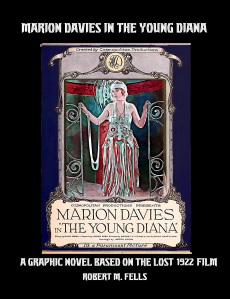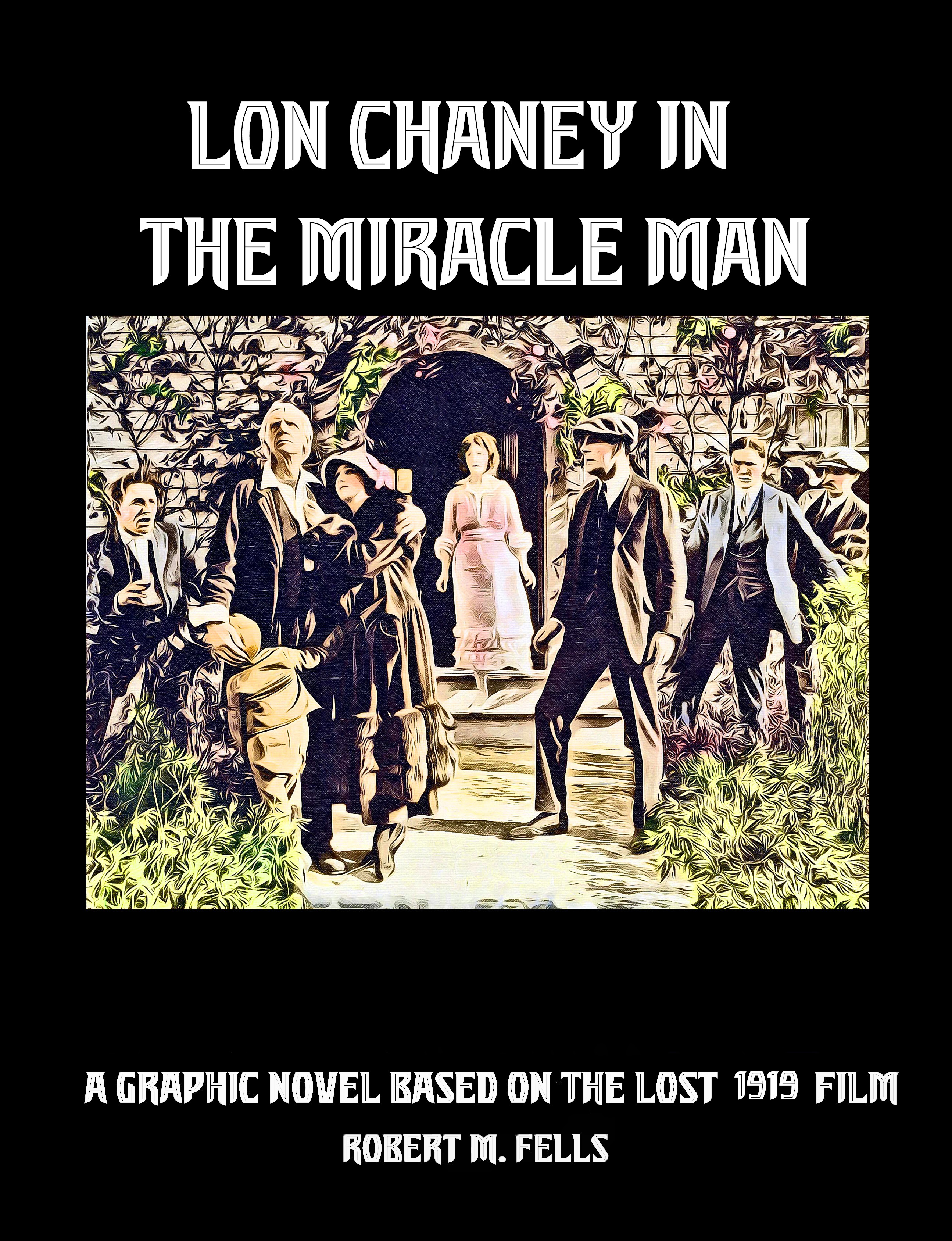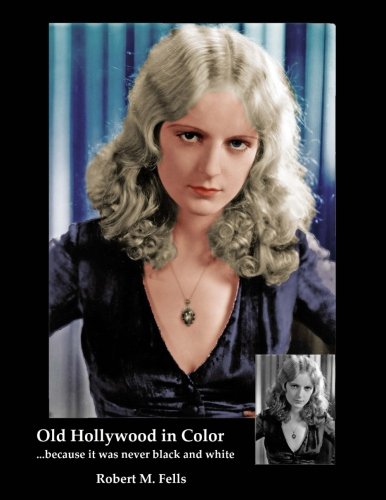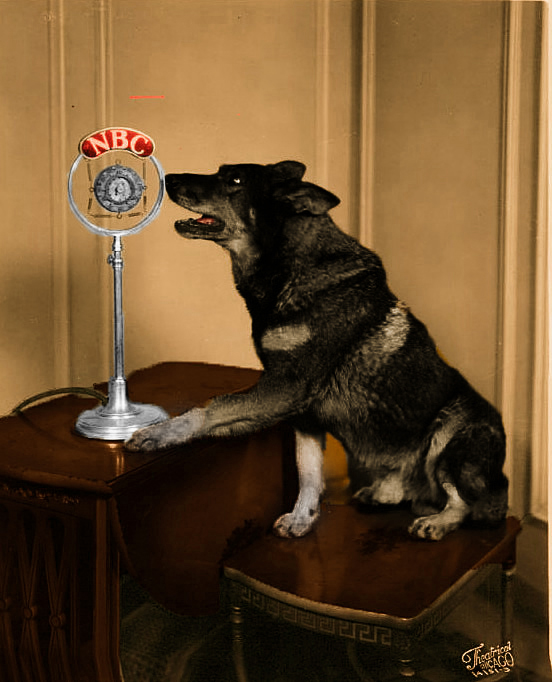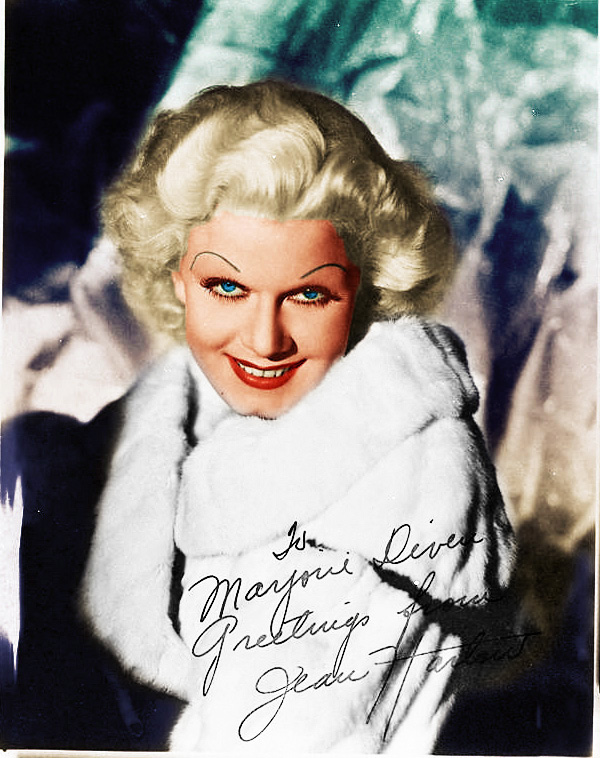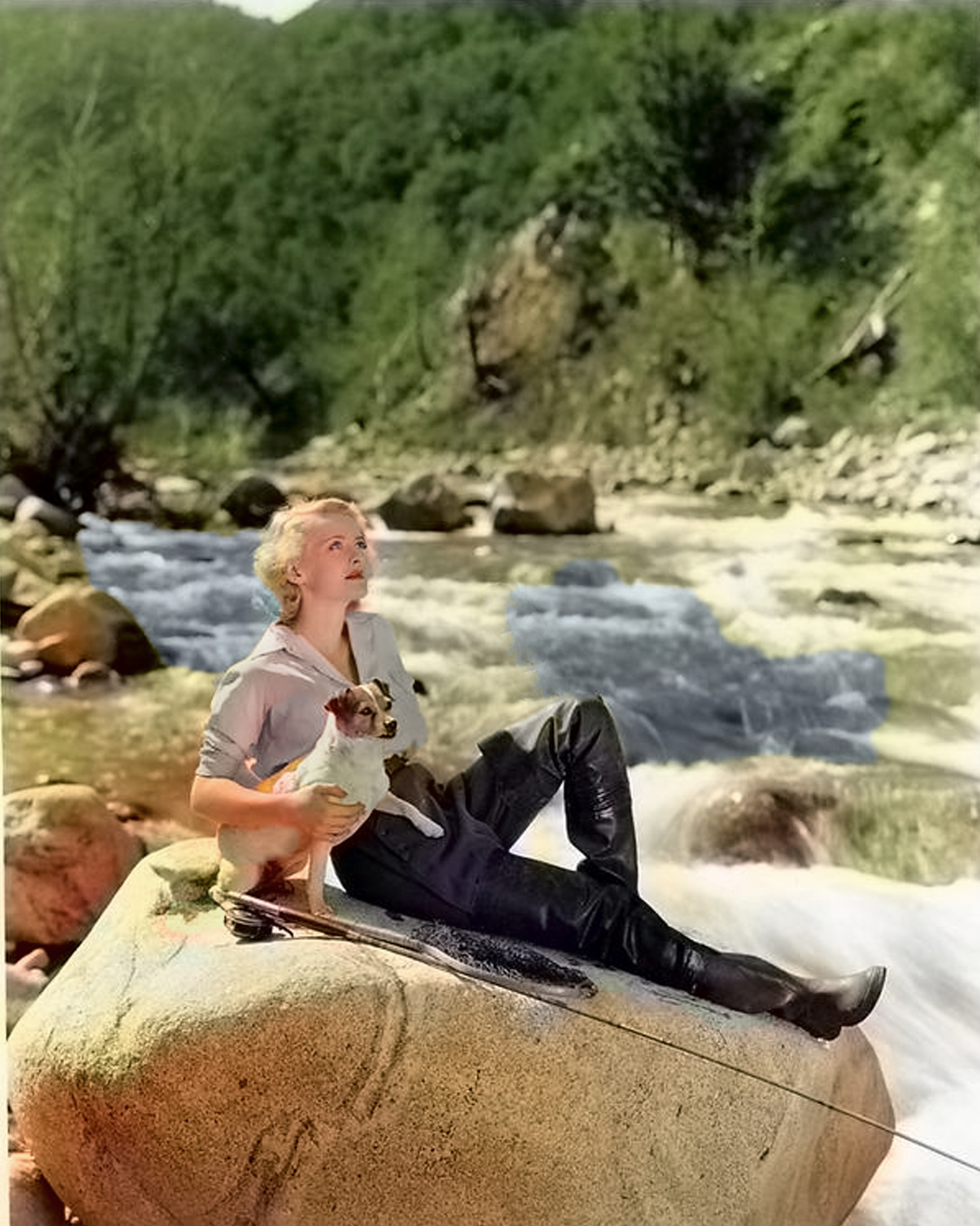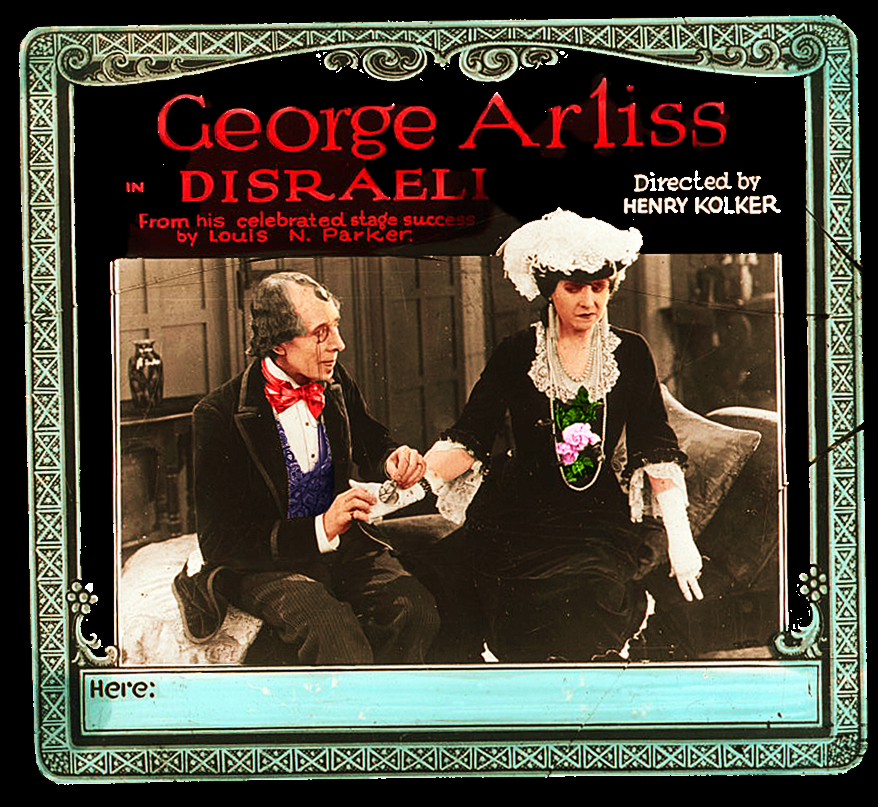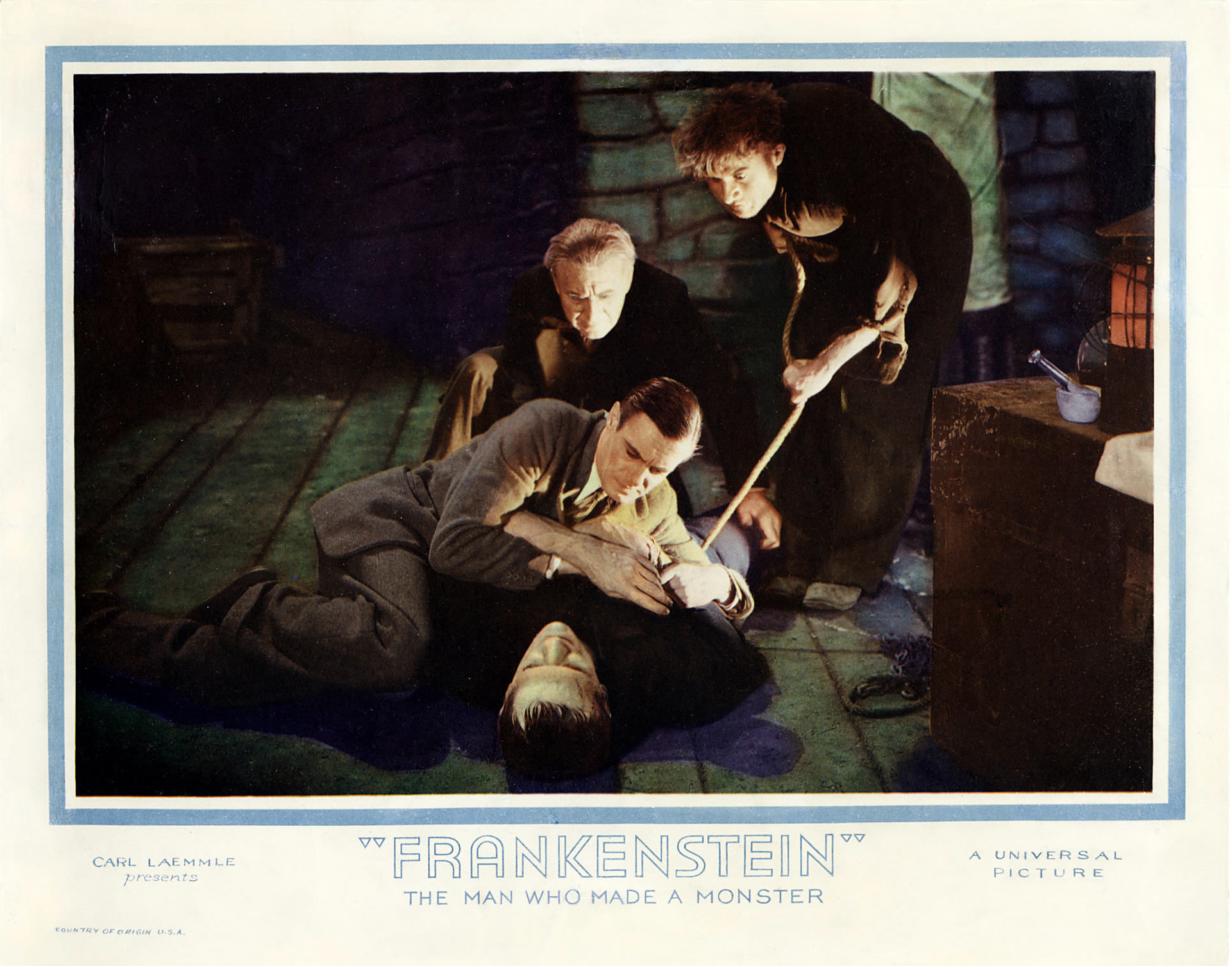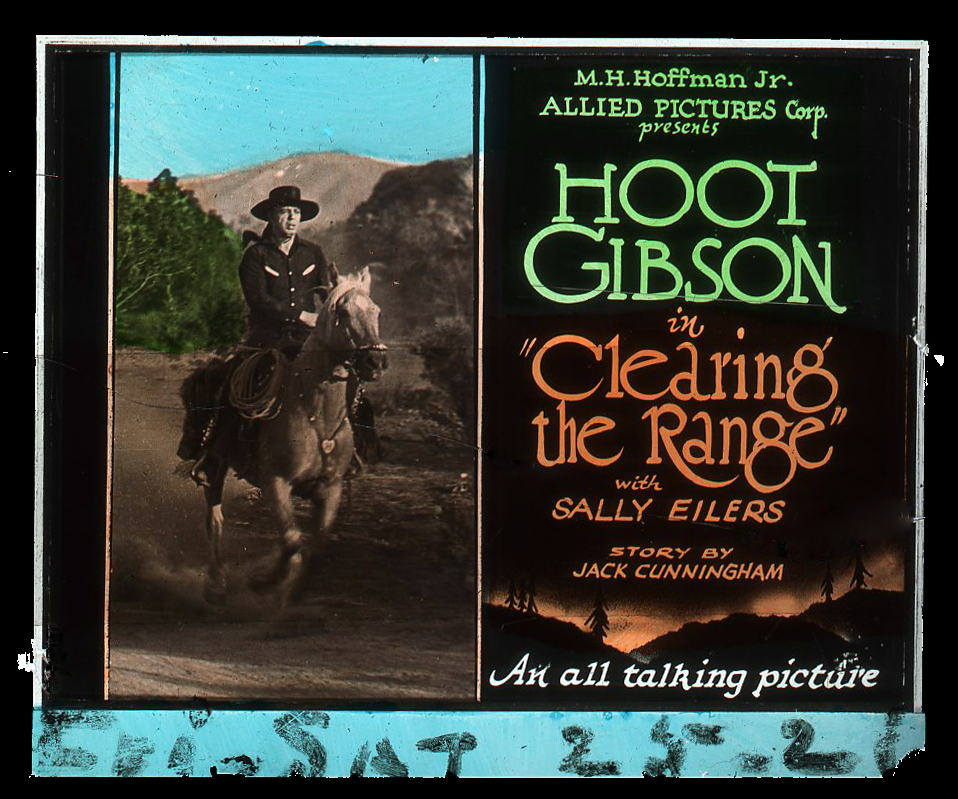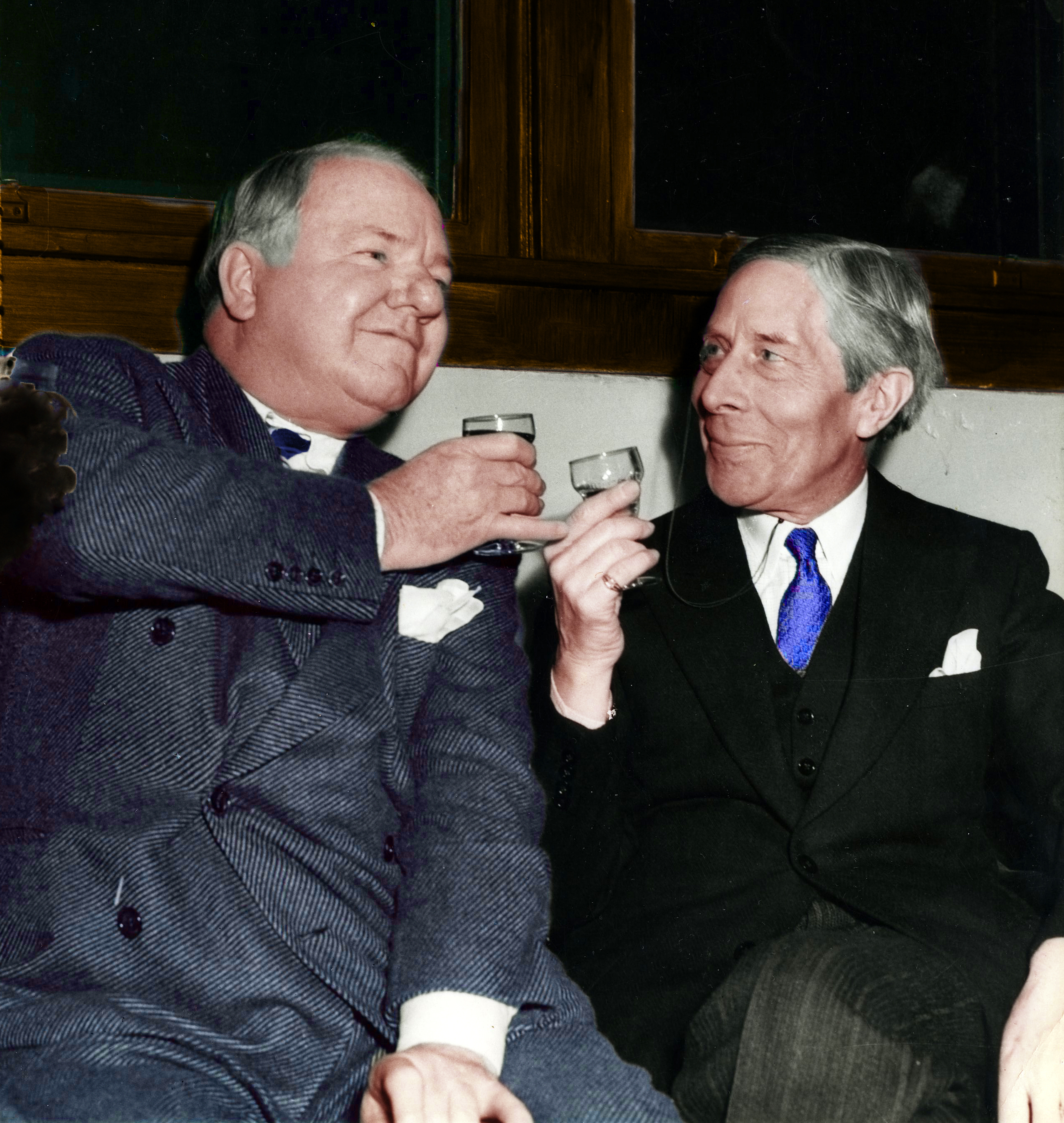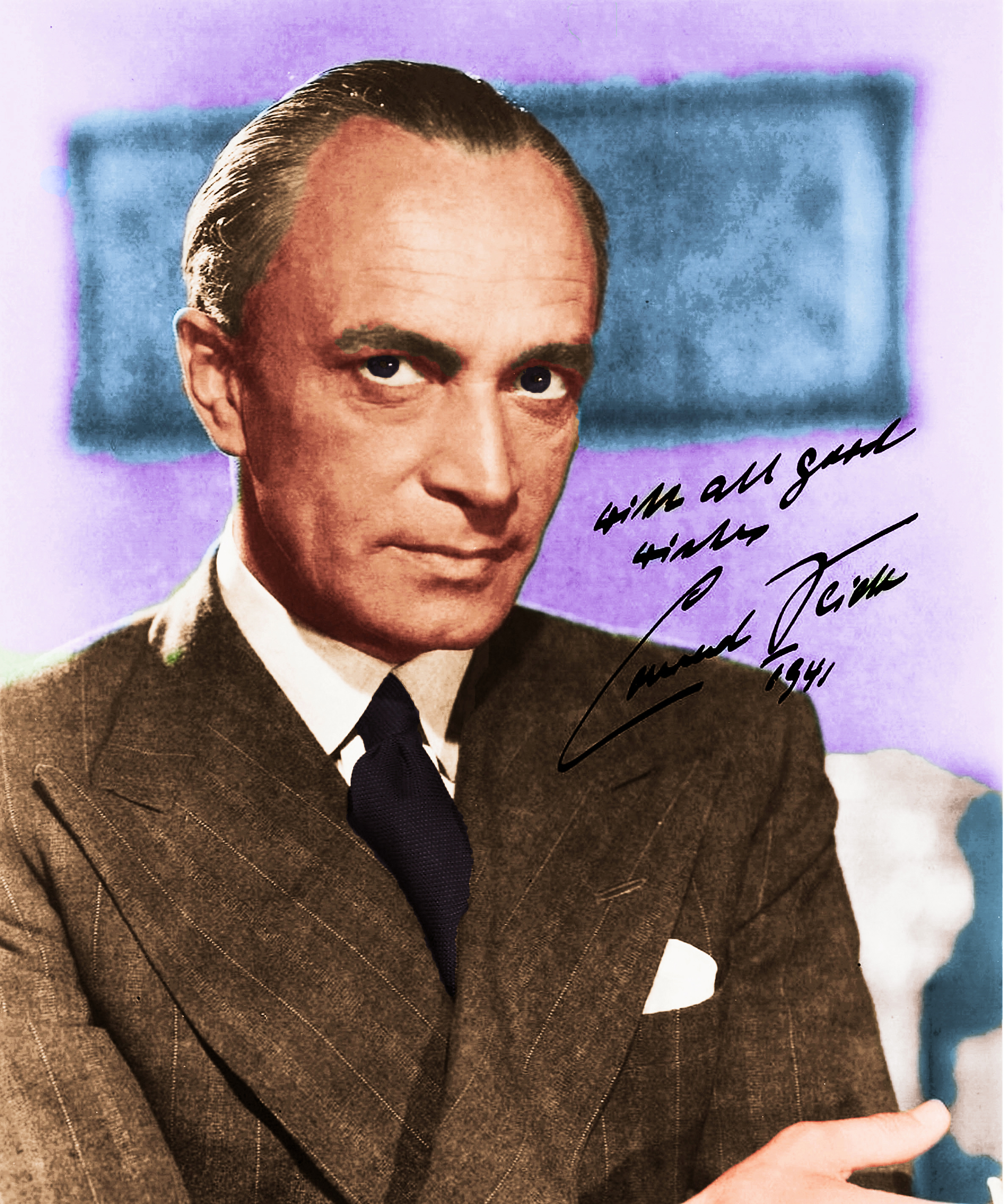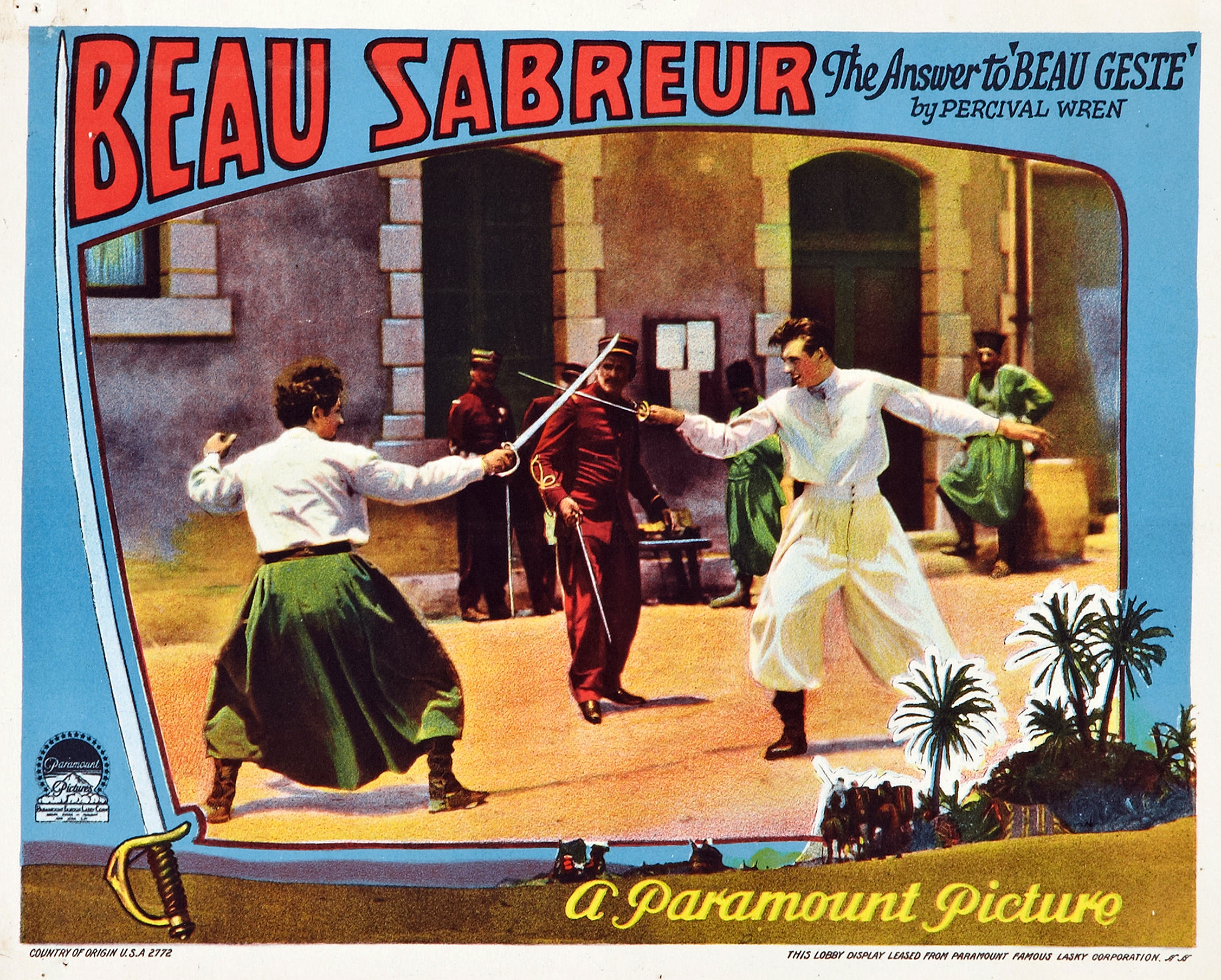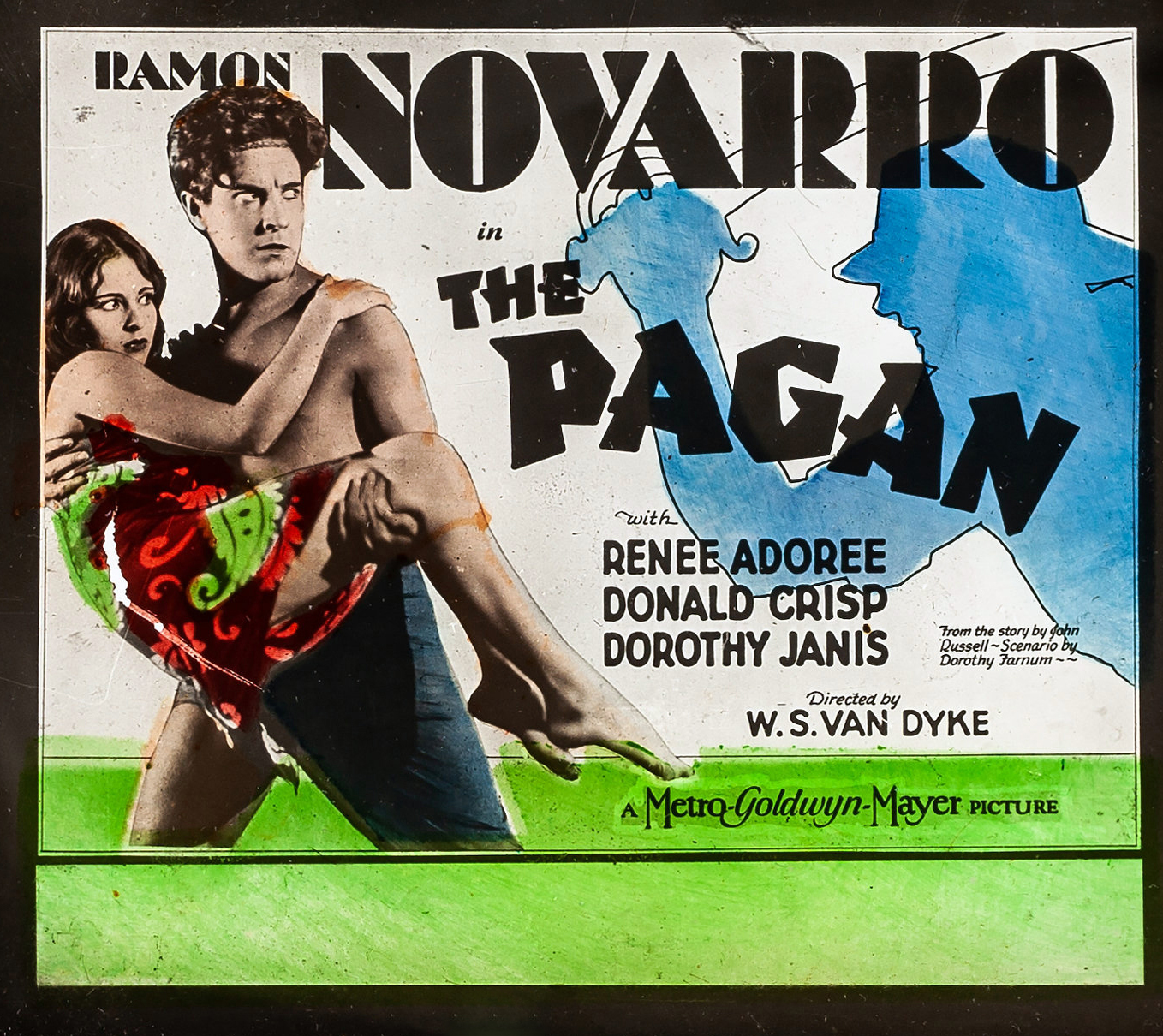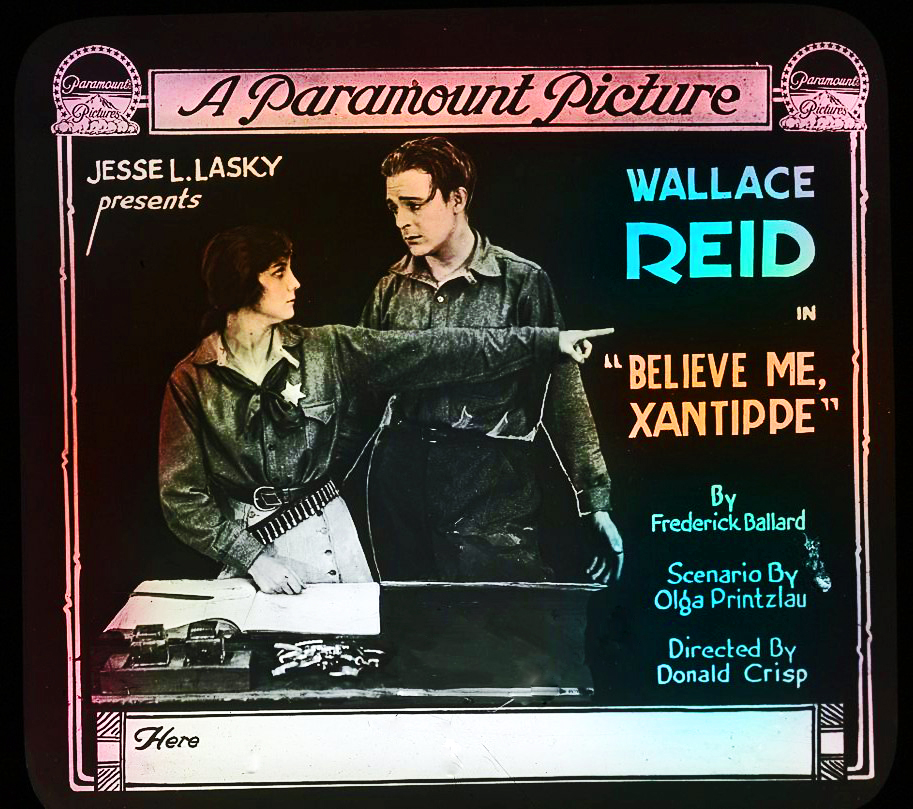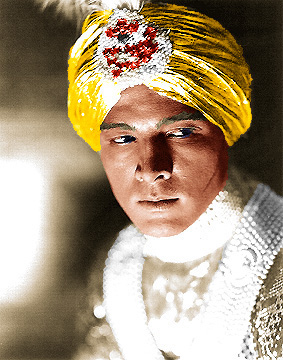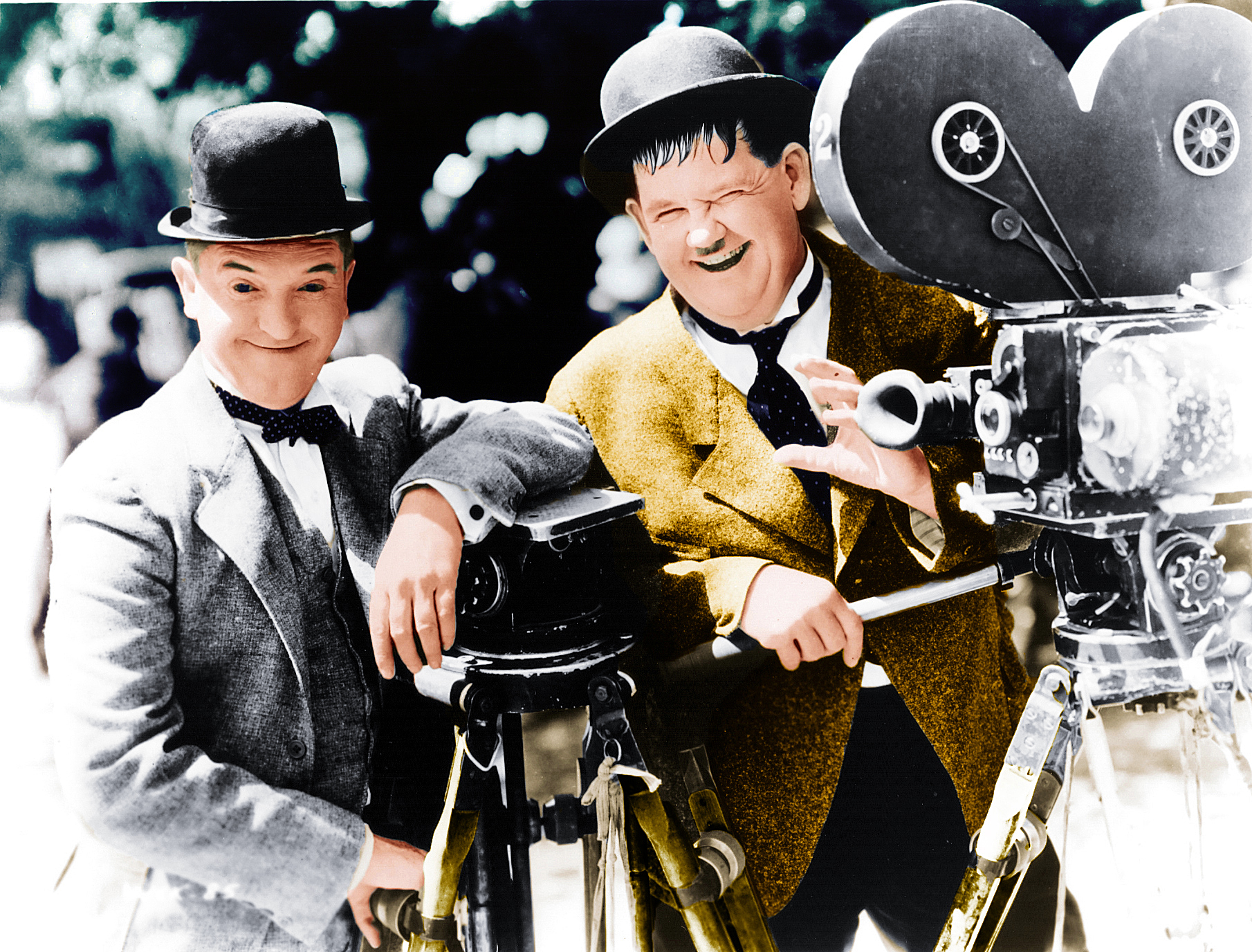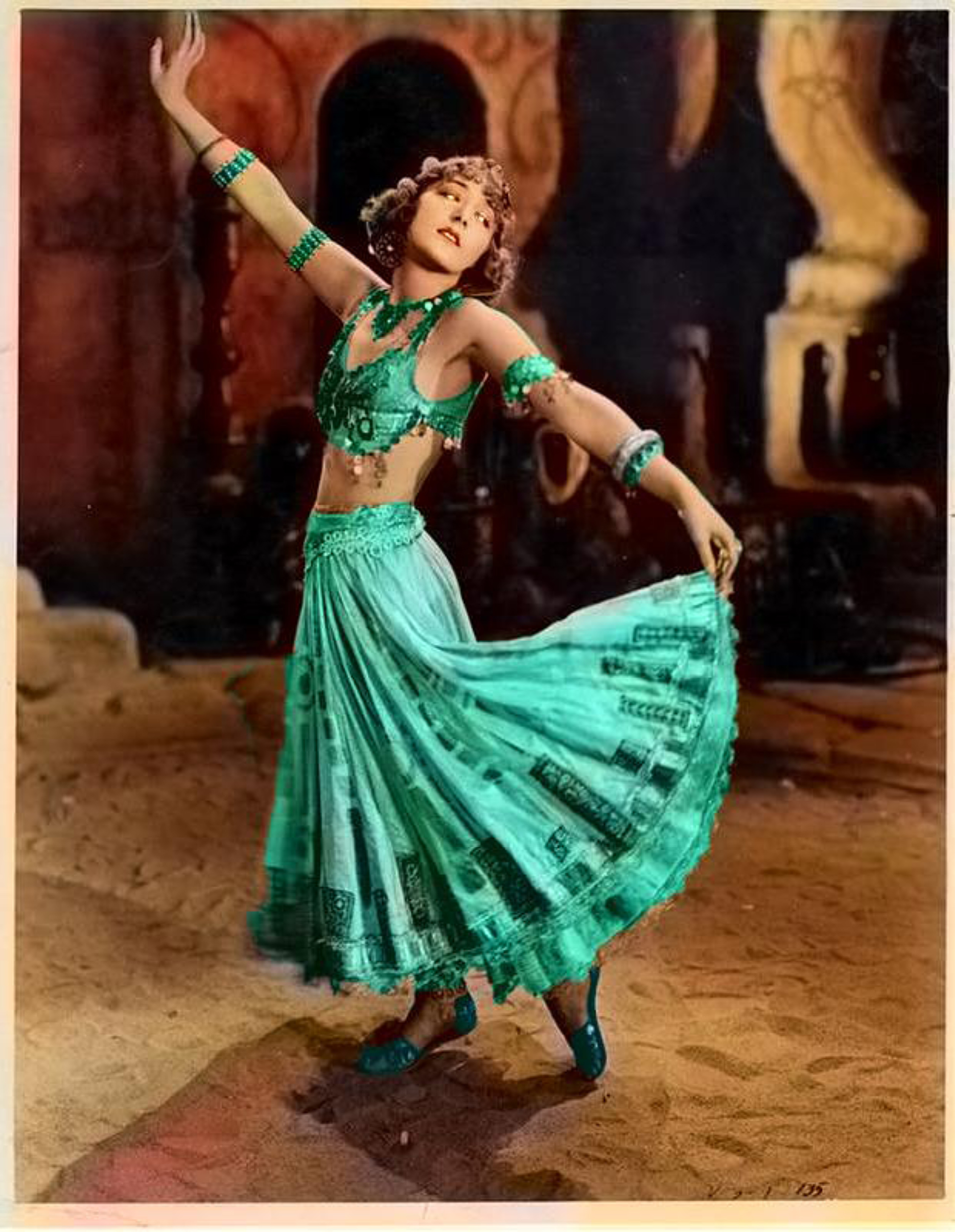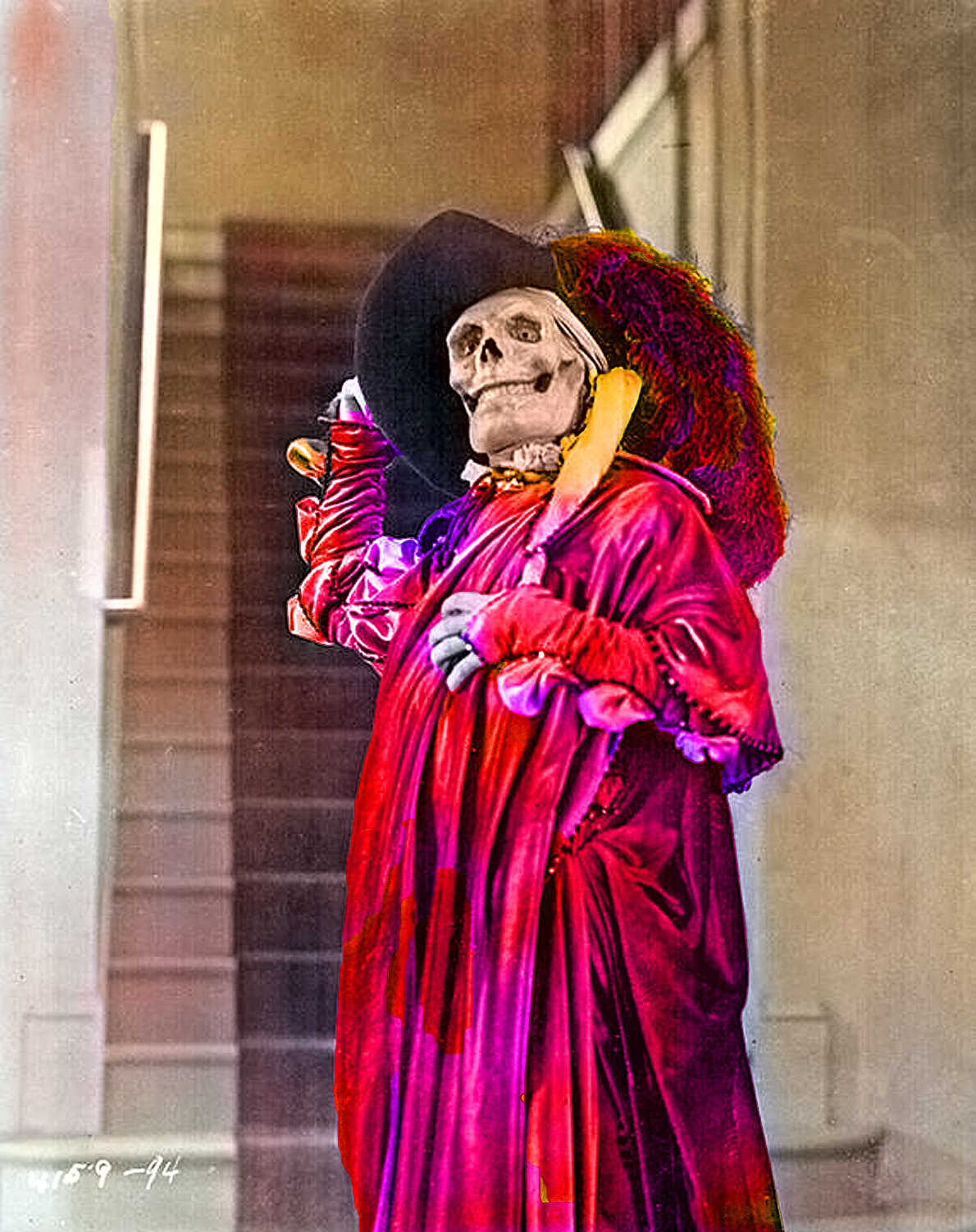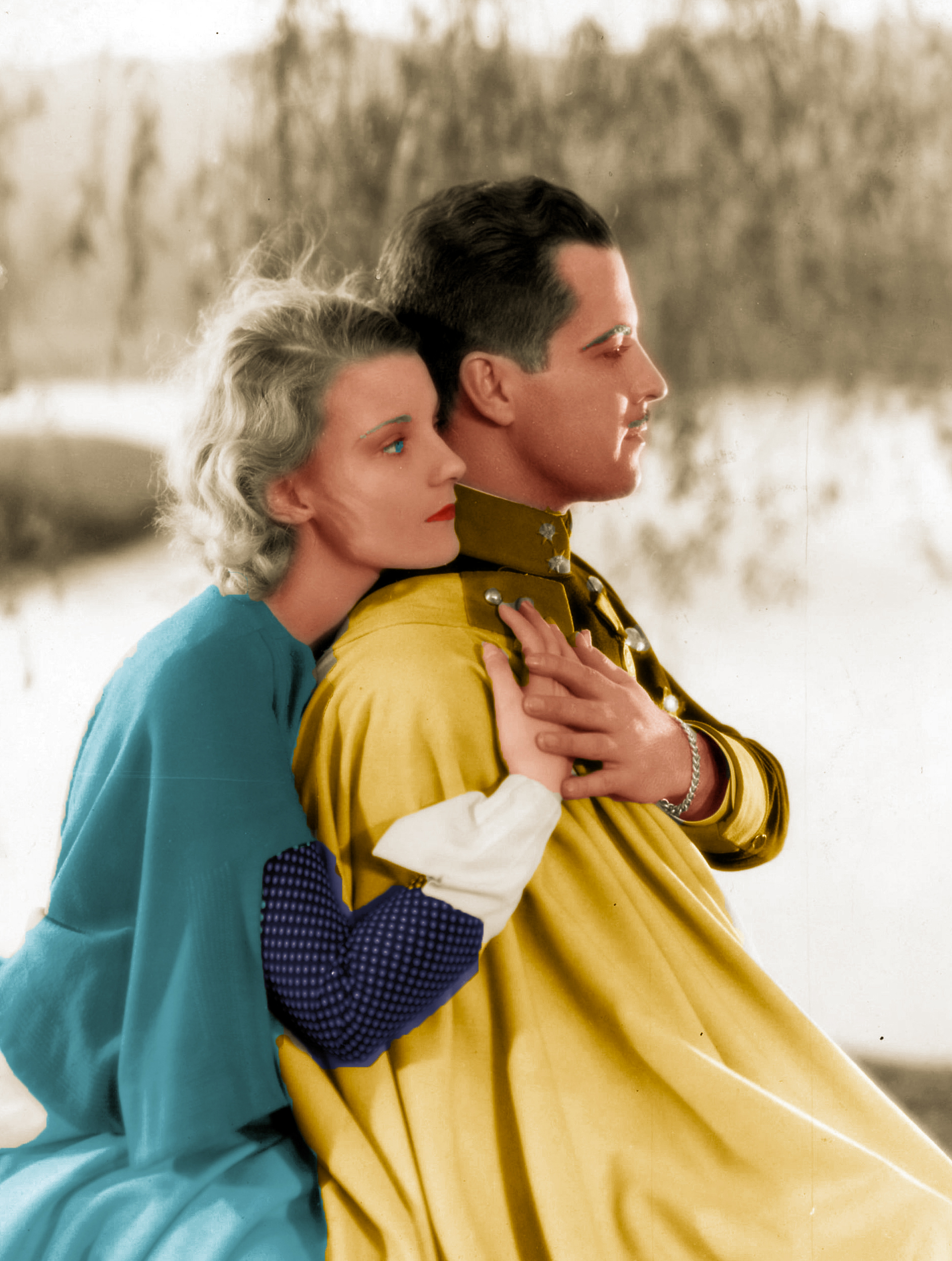
Nowhere was the Holiday spirit kept better than in Old Hollywood. As a sign of those times, when Bing Crosby first recorded “Silent Night” in 1935, he thought it was wrong to accept payment and donated his fee to charity. There is a wealth of vintage carols and old time broadcasts available on the Internet but here at OHIC we are pleased to present some rare material that you are not likely to find elsewhere. In the links that follow we will hear unscripted Christmas greetings from President Franklin Roosevelt, a live session with Glenn Miller and his Orchestra just two weeks after the Pearl Harbor attack, plus a young Judy Garland and Mickey Rooney providing unscripted commentary of the Christmas Parade along Hollywood Boulevard, and much more.
President Franklin Roosevelt and British Prime Minister Winston Churchill:

First let’s begin our trip back in time by returning to December 24, 1940, as FDR concludes his Christmas greetings by making a suggestion involving the White House Christmas Tree that has been followed to this day:
Christmas 1941 was unlike any before or since. Barely two weeks earlier the United States was suddenly thrust into the Second World War, which had been raging in Europe for two years already. America had been officially neutral but all that changed when the Empire of Japan attacked the U.S. Pacific Naval Fleet at Pearl Harbor, Hawaii, on the morning of December 7, 1941. Outwardly, the 1941 Holiday season seemed the same as past years but everyone knew that the New Year would bring dramatic changes in their lives as the nation converted to a war footing.

None were fated to be more affected than popular bandleader Glenn Miller, who would be lost flying over the English Channel just days before Christmas 1944. Of all the celebrity war casualties such as Leslie Howard and Ernie Pyle, none would be mourned more than Miller. So let’s return to Christmas Eve 1941 to hear Glenn and his band broadcasting live on his bi-weekly 15-minute Chesterfield Time:
Lionel Barrymore (grand uncle of Drew Barrymore) seemed to own Christmas from the mid-1930s to the mid-1950s with his annual portrayal on the air of Ebeneezer Scrooge in Charles Dickens’ A CHRISTMAS CAROL. Even now, it is easy to surf the web and hear several different performances of Lionel as Scrooge.

But here at OHIC we give you Lionel Barrymore in A MODERN SCROOGE that was presented by the U.S. Treasury on Christmas Eve 1942 with Fredric March in support. Think of Scrooge if he had lived during WWII America and asked to buy War Bonds, and you’ll have the basic idea behind this energetic little play:
Jack Benny didn’t exactly “own” Christmas the way Lionel Barrymore did, but the holiday spirit of gift-giving conflicted perfectly with his cheapskate character. Year after year from about 1934 through the 1970s, a Jack Benny Christmas Show meant an unsentimentalized treatment of the holidays from a tightwad’s viewpoint.

Trying to select one Benny show from among the decades is difficult because there’s not a clinker in the lot. But the holiday broadcasts from 1938 are particularly caustic and this particular one from December 11, 1938 is a classic of sarcasm. Besides Jack, the show’s regulars are announcer Don Wilson, Mary Livingston (who was Jack’s wife in real life but plays a sort of gal Friday on the show), bandleader Phil Harris (who developed into a very fine comedian), and of course, Eddie “Rochester” Anderson, who gets the biggest laughs of all. It is to Jack’s eternal credit that he didn’t care who got the big laughs on his show as long as there were big laughs:
Let’s conclude this visit to Christmas Past with something truly rare. Long before Barrymore as Scrooge or Benny as a gift-giving cheapskate helped to define the Holiday season, it seemed that Christmas did not officially arrive until Madame Ernestine Schumann-Heink sang “Silent Night” at the stroke of Midnight. This Austrian-Czech contralto was considered one of the finest opera singers of her day – in the 19th century! She was popularly called Mother Schumann-Heink because she had seven children (by three husbands!) and one stepson. She became an American citizen in 1905, but had sons fighting on both the American side and the German side during the First World War (1914-1918). Her loyalties were unabashedly American and she sang tirelessly at the camps throughout that war.

By the 1920s, the radio networks would combine and across the land at Midnight on December 25th was heard the distinctive voice of Mother Schumann-Heink singing “Stille Nacht” like an angel from on high. She even had her own weekly radio show in 1934 (sponsored by Gerber Baby Foods, of course) where at the age of 73 she handed out lots of advice to her listeners between songs. Many people who lived back then felt that Christmas was never the same after her passing in 1936 but we like to think that she would be pleased to know we can still hear her proclaim Peace on Earth in the 21st Century:

